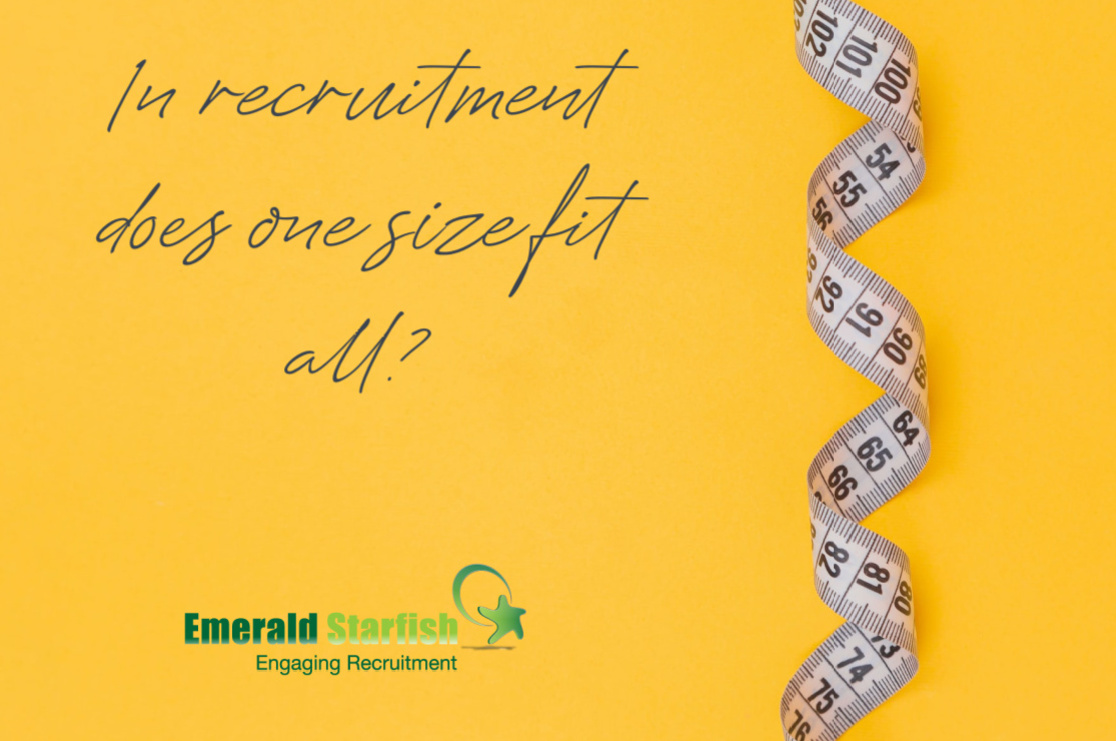How should SME Recruitment differ from Corporate Recruitment?
Posted on 11th May 2021 at 15:28
Three fifths of the workforce work within the SME sector, yet when you look at recruitment providers do you see half of them offering to recruit for the SME market compared to corporate? The truth is recruitment is mainly offered as a one size fits all offering – yet the needs of an SME are very different from the corporate sector. If you are an SME looking to recruit, are you aware of the differences between your roles and those in a more corporate environment and what should you be considering in your recruitment process?
SMEs are more likely to have roles that offer a breadth of experience and require a range of skills that need recruiting for.
A job role is more fluid within an SME as often the company is growing quickly, and people and processes need to adapt quickly to the regularly changing environment. Corporate positions often have a more defined structure and career pathway through the company. How is your recruitment provider testing candidates to demonstrate their ability to be flexible and adaptable within a role and willing to take on extra responsibilities?












